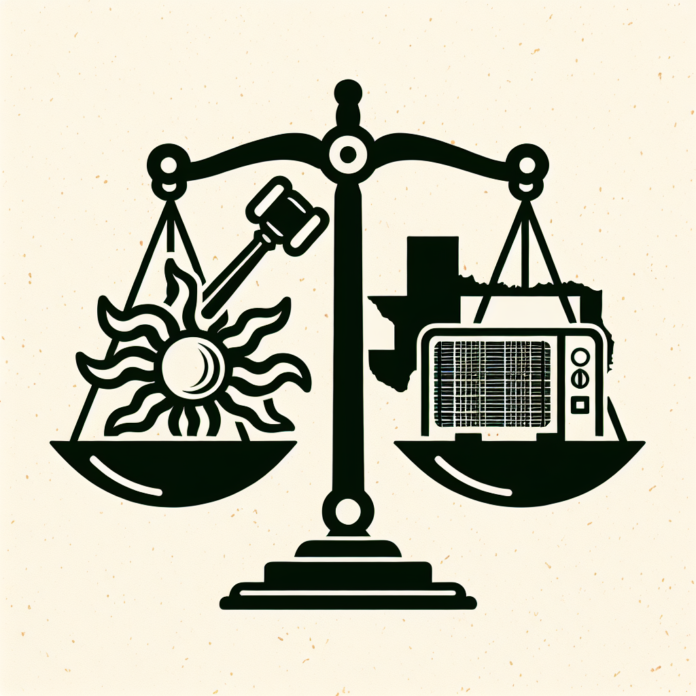Texas Prisons Without AC Face Unconstitutionality Ruling
Extreme Heat in Texas Prisons Without AC Ruled Unconstitutional by Judge
In a landmark decision, a federal judge has declared that the extreme heat conditions in Texas prisons, which lack adequate air conditioning, are unconstitutional. This ruling highlights the ongoing concerns regarding the treatment of inmates and the conditions under which they are held.
The case was brought to light by reports detailing how inmates in various Texas correctional facilities endure sweltering temperatures, particularly during the scorching summer months. Many of these facilities were built without air conditioning, and as temperatures soar, inmates face health risks, including heat exhaustion and heat stroke. The judge’s ruling emphasizes that such conditions violate the Eighth Amendment, which prohibits cruel and unusual punishment.
In recent years, the issue of prison conditions has gained increasing attention, with advocates arguing that the lack of basic amenities like air conditioning not only endangers inmates’ health but also exacerbates tensions within the facilities. Many prisoners have no choice but to endure temperatures that can exceed 100 degrees Fahrenheit, leading to severe discomfort and potential long-term health consequences.
The judge’s decision is a significant step toward reforming prison conditions in Texas, where a substantial number of facilities still operate without climate control. Following the ruling, state officials and prison administrators may be compelled to take immediate action to improve conditions, including the installation of air conditioning systems or other measures to mitigate the heat.
Additionally, this ruling could set a precedent for similar cases in other states, as the treatment of inmates continues to come under scrutiny across the nation. Advocates for criminal justice reform argue that humane treatment of prisoners is essential for rehabilitation and that inhumane conditions only serve to perpetuate cycles of violence and recidivism.
Furthermore, the health implications of extreme heat in prisons extend beyond immediate physical discomfort. Studies have shown that prolonged exposure to high temperatures can lead to long-term psychological effects, including increased aggression and anxiety among inmates. This reinforces the argument that maintaining humane living conditions is crucial not only for the well-being of inmates but also for the overall safety and security of the prison environment.
As this case unfolds, the spotlight remains on Texas and its prison system, with many calling for comprehensive reforms to ensure that all inmates are treated with dignity and respect, regardless of their circumstances. Moving forward, it will be essential for lawmakers and prison officials to address these critical issues to prevent further litigation and to uphold the constitutional rights of all individuals, including those incarcerated.
